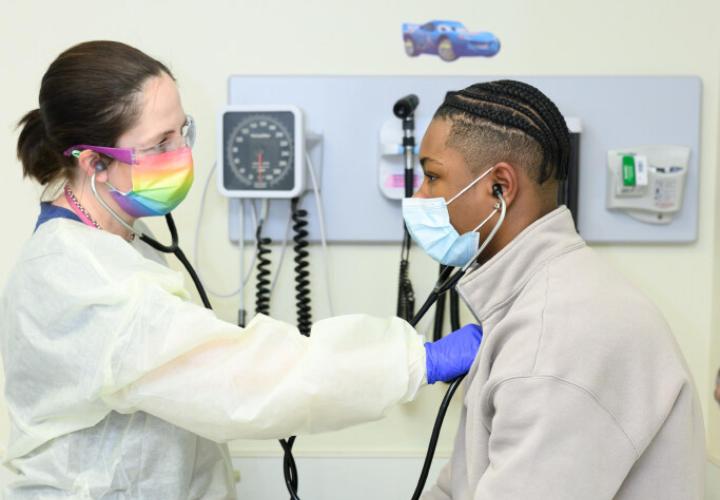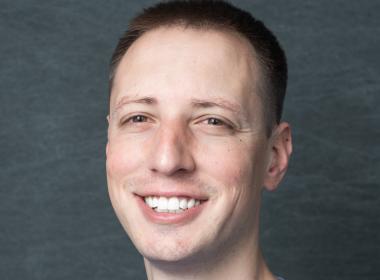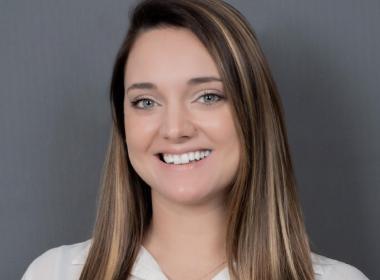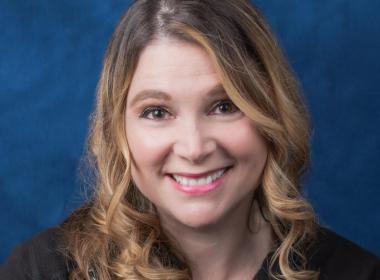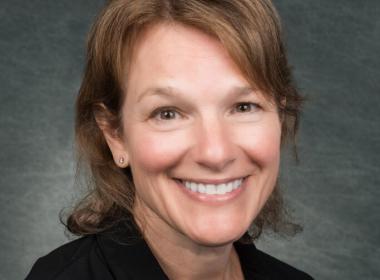What Is PCD?
Primary Ciliary Dyskinesia (PCD) is a rare genetic disease impacting about 1 in 15,000 people. The name is long and may be a little hard to say, but each word has an important meaning: Primary (caused by genetics)+ Ciliary (affecting cilia — tiny hairlike structures on body cells) + Dyskinesia (abnormal movement).
People with PCD typically have a cough and nasal congestion that starts before 6 months old and never gets better, even when they are completely well.
People with PCD may also experience:
- Difficulty breathing, despite a normal birth
- Organs being on the opposite side of the body (situs inversus, heterotaxy)
- Recurrent ear infections
- Sub-fertility
- Hydrocephalus
The disease can affect people of all races and ethnicities — recent genetic studies indicate that the genes for PCD are most common in those of African ancestry.
Untreated PCD can lead to respiratory failure and require lung transplantation, so it is best to start treatment as early as possible.
Why Choose Us
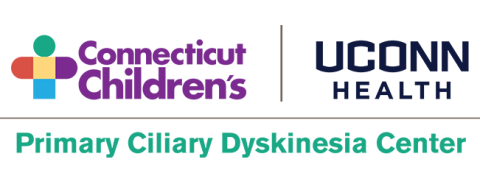
The PCD Center at Connecticut Children’s & UConn Health provides comprehensive care to infants, children, teens and adults diagnosed with primary ciliary dyskinesia. We’re proud to be a joint center, and the only accredited PCD Clinical Research Network Center by the PCD Foundation in the state of Connecticut. This designation means our patients are able to track their health outcomes in the PCD registry and have access to new therapies and research studies.
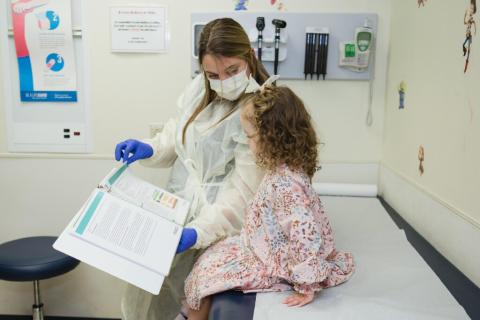
The pediatric center is led Melanie Sue Collins, MD, a pediatric pulmonologist at Connecticut Children’s, and the adult center is led by Mark Metersky, MD, a pulmonologist at UConn Health. Both the adult and pediatric centers are staffed by a multidisciplinary team, which includes pulmonary medicine, social work, nursing and respiratory therapy to ensure a whole-body approach to PCD care.
Dr. Collins and Dr. Metersky collaborate to ensure the centers offer consistent treatment and protocols. This allows for a seamless transition from the pediatric center to the adult center with no gaps in care.
We see patients in all settings, including office visits, multidisciplinary team visits, and telehealth appointments. Our goal is to help every person (and their family) understands what PCD is, why treatment is important and creatively partner to ensure the very best individualized care.
Diagnostic Testing
Jaclyn Beirne, MD, and her team of genetic counselors are available to determine the best genetic evaluation and discuss results in a patient/family friendly way. Dr. Beirne sees both adult and pediatric patients and meets with the center directors regularly. Our goal is to ensure diagnostic accuracy but also for our patients and families to understand their genetic results.
We are one of two sites in New England offering this testing and the only one in Connecticut! Nasal nitric oxide testing is considered research in the U.S. We are happy to offer patients the opportunity to participate in this clinical trial. Colds and respiratory infections can affect the way our cilia work, so patients need to be well for 6-8 weeks prior to testing.
This non-invasive test can be performed during an office visit and was developed with our PCD otolaryngologist, Christopher Grindle, MD. Once the biopsy is performed, it is sent to the Mayo Clinic for electron microscopy. Colds and respiratory infections can affect the way our cilia work, so patients need to be well for 6-8 weeks prior to testing.
Therapies
We provide education to patients and families in both simple (chest PT, AerobiKA®, Acapella®) and advanced airway clearance techniques including huffing and autogenic drainage.
Our respiratory therapists are trained to provide airway clearance education in English and Spanish. We also collaborate with Interpretation Services when needed. Our #1 priority is ensuring patients and families understand how to effectively clear their secretions mucus.
Knowledge about PCD is a critical part of the therapy for treating the disease. If you don’t understand the disease, how can you understand how your therapies and medications work? All aspects of PCD are reviewed in clinic including specific teaching sessions on mucociliary clearance and fertility
Patients receive an annual airway clearance teach in the clinic as well as a virtual one at home to ensure that the techniques and equipment setup are optimized. Patients and families receive a PCD guidebook in clinic as well as instruction on new therapies, laboratory work and imaging at the end of every visit.
An antibiotic taken three times per week (usually Monday, Wednesday and Friday) by PCD patients to help decrease the number of respiratory exacerbations.
- Tobramycin: May be prescribed to eradicate pseudomonas or as chronic therapy in patients who have not cleared their pseudomonas infection.
- Inhaled Aztreonam: An option for chronic therapy for those patients who have not cleared the pseudomonas infection.
Managing a chronic condition can impact a patient's mental health. We collaborate with the Division of Psychology and Social Work to ensure each patient receives the mental health support they need.
Patients are monitored for healthy body weight and height as well as vitamins levels.
Frequently Asked Questions
PCD is an inherited disease. This means that there is a change (or mutation) in your genes that causes a part or parts of the body to work abnormally. For most people with PCD they get a gene from their mom and another from their dad.
The genetic changes of PCD can vary from person to person. This is because of your specific genes for PCD and other genes in your body that respond to infections. While we know a lot more about genes than we did years ago, we are still learning every day so it is important to take care of yourself, even when you feel fine, to make sure you do well with PCD.
In our bodies we have special cells with tiny hairlike projections called cilia.
These cells cover or line the inside of:
- the nose and sinuses
- breathing tubes in the lungs
- the ear
- the fallopian tubes in women/ efferent tubules in men (reproductive system)
- the ventricles of the brain
Cilia are designed to move in a specific wave like motion which works to move the mucus along the different areas of the body. In PCD, because the cilia are put together abnormally their motion is off and sometimes completely still.
Think of the waves of the ocean that gently bring seaweed debris from the depths of the ocean to the shore. When the water is still without any motion, seaweed collects and the water gets “yucky.” On the other hand, when the water doesn’t move properly, like a whirlpool, seaweed also gets trapped. Like the ocean, the cilia have to work in a gentle wave like motion to keep the body at peace.
In the lungs, nose and sinuses, the wavelike motion of the cilia work with the mucus move bacteria and debris out of the lungs. This keeps our bodies healthy. When the cilia aren’t moving properly, like in people with PCD, all this gets stuck in the mucus which causes infection and inflammation. While it sounds like a tiny little problem, absence of normal ciliary motion can result in serious long term consequences.
This partnership between mucus and cilia is known as ‘mucociliary clearance’. First the mucus traps bacteria and debris and then the cilia move it up and out of the lungs, nose and sinuses. When mucociliary clearance doesn’t work properly, people can get really sick from bacteria and debris staying put where they can cause infection and inflammation. Chronic infection and inflammation can lead to serious problems in the lungs. In fact, some people with PCD have such significant lung disease that they have to be on oxygen every day or even need a lung transplant.
In the ear, bacteria and debris can build up causing recurrent ear infections (otitis media) and many people with PCD can have significant hearing loss.
In the reproductive system, the issues with cilia affect men and women’s ability to have children. It even affects the sperm.
In super rare cases, the ventricles in the brain are affected and hydrocephalus (water on the brain) results.
Simply put, our bodies are not the same on both sides. When we are developing in the womb, specialized cilia (called nodal cilia) appear and help get the organs get to their proper positions.
In PCD, there may be abnormal motion of these specialized cilia. When this happens organs are arranged inside the body at random (50/50 chance). When this happens three organ arrangements can occur:
- Typical placement known as situs solitus
- Mirror image placement with the organ being in the same place but just on the opposite side of the body which is known as situs inversus or a laterality defect
- Unique organ development or placement known as situs ambiguus or heterotaxy
Just for reference, this placement of the organs is also known as "laterality," a term describing the dominance or difference between the sides of the body.
As you might guess, this depends somewhat on what genes you/your child has for PCD. But as a complete evaluation, your provider will order x-rays or ultrasounds to see where the organs are placed. With these genes, approximately 50% of PCD patients will have misplaced organ placement.
Sometimes yes and sometimes no. Sometimes changes in organ placement can cause the organs to not function the way they should—your PCD doctor can help arrange testing to evaluate these changes. Other times, everything is functioning properly but just in a different position
Like everything with PCD, even if you/your child are feeling fine, it is still important to have the placement of your organs evaluated and to make sure they are working properly.
A throat culture is completed at every clinic visit to see if there are any harmful bacteria in the respiratory tract. They are routinely checked to monitor which/any bacteria are growing.
Most of the bacteria we find on the cultures does not require treatment unless you are having increased symptoms or are sick. These results also help us decide which antibiotics will be helpful if they are sick.
One special bacteria that does require treatment is call Pseduomonas aeruginosa (Pa). This bacteria can cause your lung function to get worse, so it is important to treat it right away with inhaled antibiotics. Hopefully, the inhaled antibiotics get rid of (eradicate) the bacteria. But if not, don’t worry, studies show staying on the inhaled antibiotics can help keep your lung function normal even with pseudomonas.
Currently, treatment is focused on managing symptoms by:
- aggressively treating infections (often requires IV medications and permanent intravenous lines)
- using supplemental oxygen
- using airway clearance (Chest PT, Aerobika/Acapella/PEP/vest) to improve mucociliary clearance
Azithromycin (also known as Zithromax) is used in many patient with PCD to help decrease inflammation and frequency of infections.
Sometimes, even with aggressive treatments and patients’ very best efforts, people with PCD can develop respiratory failure (their lungs are not working well). At this point, the only therapy available is lung transplantation which has serious complications on its own.
We are working on finding a cure for PCD and there are research studies that offer the opportunity for patients to take advantage of therapies that work on treating PCD.
This is a tricky question and difficult to know because right now we don’t have enough information to predict how long people with PCD live in general. That’s why it is important for people with PCD to participate in the PCD Foundation national registry where information like life expectancy are tracked.
There are some reports that some people with PCD die younger than expected, typically due to failure of their lungs. On the other hand, there are also reports of people with PCD living into their 70s and 80s.
Some people with PCD can have significant impairment which affects their ability to work and do the things they love to do so it is really important to take PCD as a serious disease and follow your PCD doctor’s recommendations so you/your child can live a long and healthy life.
Our Team
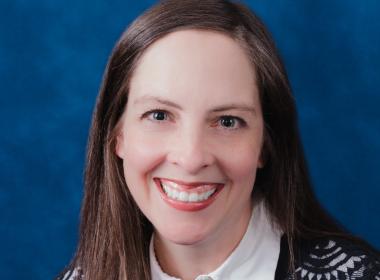
Melanie Sue Collins, MD
- Specialty
- Pulmonary Medicine
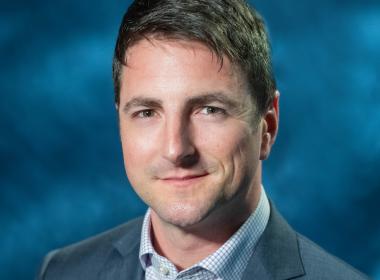
Christopher Grindle, MD
- Specialty
- Ear, Nose & Throat
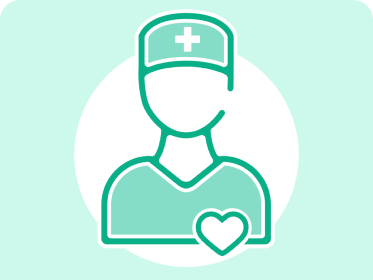
Jaclyn Beirne, MD
- Specialty
- Medical Genetics
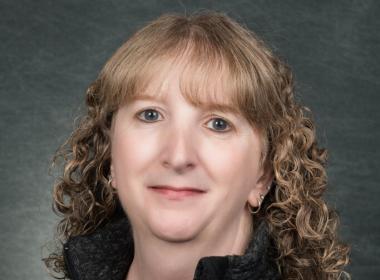
Stacey Hallgren, RRT-NPS, AE-C
- Specialty
- Cardiopulmonary Diagnostic Services
Patient & Family Resources
- UConn Health PCD Center
- PCD Foundation
PCD is a rapid expanding field. Here are some articles we recommend:
Diagnosis
- Diagnosis, Monitoring, and Treatment of Primary Ciliary Dyskinesia: PCD Foundation Consensus Recommendations Based on State of the Art Review: Article includes photos of cilia under microscopy, talks about other diagnoses that can seem like PCD, and discusses basic therapies.
- Diagnosis of Primary Ciliary Dyskinesia: Details the diagnosis of PCD, including what tests need to be performed. The article was authored from researchers in Europe, so it’s a little different than the American approach.
- ERS and ATS Diagnostic Guidelines for Primary Ciliary Dyskinesia: Similarities and Differences in Approach to Diagnosis: Overview of the diagnosis of PCD, including what tests need to be performed, and it explains the difference between the American and European approaches.
- A Multi-Disciplinary, Comprehensive Approach to Management of Children With Heterotaxy: Article on heterotaxy (organs on the wrong side of the body) and appropriate management.
Fertility
Genetics
- Advances in the Genetics of Primary Ciliary Dyskinesia: Reviews basic genetic components of PCD.
Therapies
- Efficacy and Safety of Azithromycin Maintenance Therapy in Primary Ciliary Dyskinesia (BESTCILIA): A Multicentre, Double-blind, Randomised, Placebo-controlled Phase 3 Trial: Overview of the use of azithromycin in patients with PCD. Full article is behind a paywall, but the abstract is available for free.
- Efficacy of Antibiotic Eradication Therapy of Early Pseudomonas aeruginosa Infection in Children with Primary Ciliary Dyskinesia: Eradication of pseudomonas aeruginosa. Full article is behind a paywall, but the abstract is available for free.
Therapies Undergoing Research Trials
- Safety and Efficacy of the Epithelial Sodium Channel Blocker Idrevloride in People with Primary Ciliary Dyskinesia (CLEAN-PCD): A Multinational, Phase 2, Randomised, Double-blind, Placebo-controlled Crossover Trial: New inhaled therapy that was studied for PCD. Full article is behind a paywall, but the abstract is available for free.
- New Treatment Possibilities in Primary Ciliary Dyskinesia: New study on genetic therapy for PCD. Plus, the study offers free genetic testing for adults.
Lung Transplantation
- Lung Transplantation for Primary Ciliary Dyskinesia and Kartagener Syndrome: A Multicenter Study: Article for those wanting to learn about lung transplantation in patients with PCD.
- BEAT-PCD: International site about PCD. Offers great lectures and programming in a multitude of languages!
- PCD Support UK: Lots of fun pictures. (There are some British terms)
- Australian Airway Clearance Website
Research
We encourage all our patients to participate in the PCD Foundation Registry.
This simple testing can help determine if a patient has PCD. We perform testing on adults and children. It is currently a clinical trial.
Medications are trialed in adults first to ensure safety and efficacy. These studies may not be available in adults yet but still are interesting to review.
